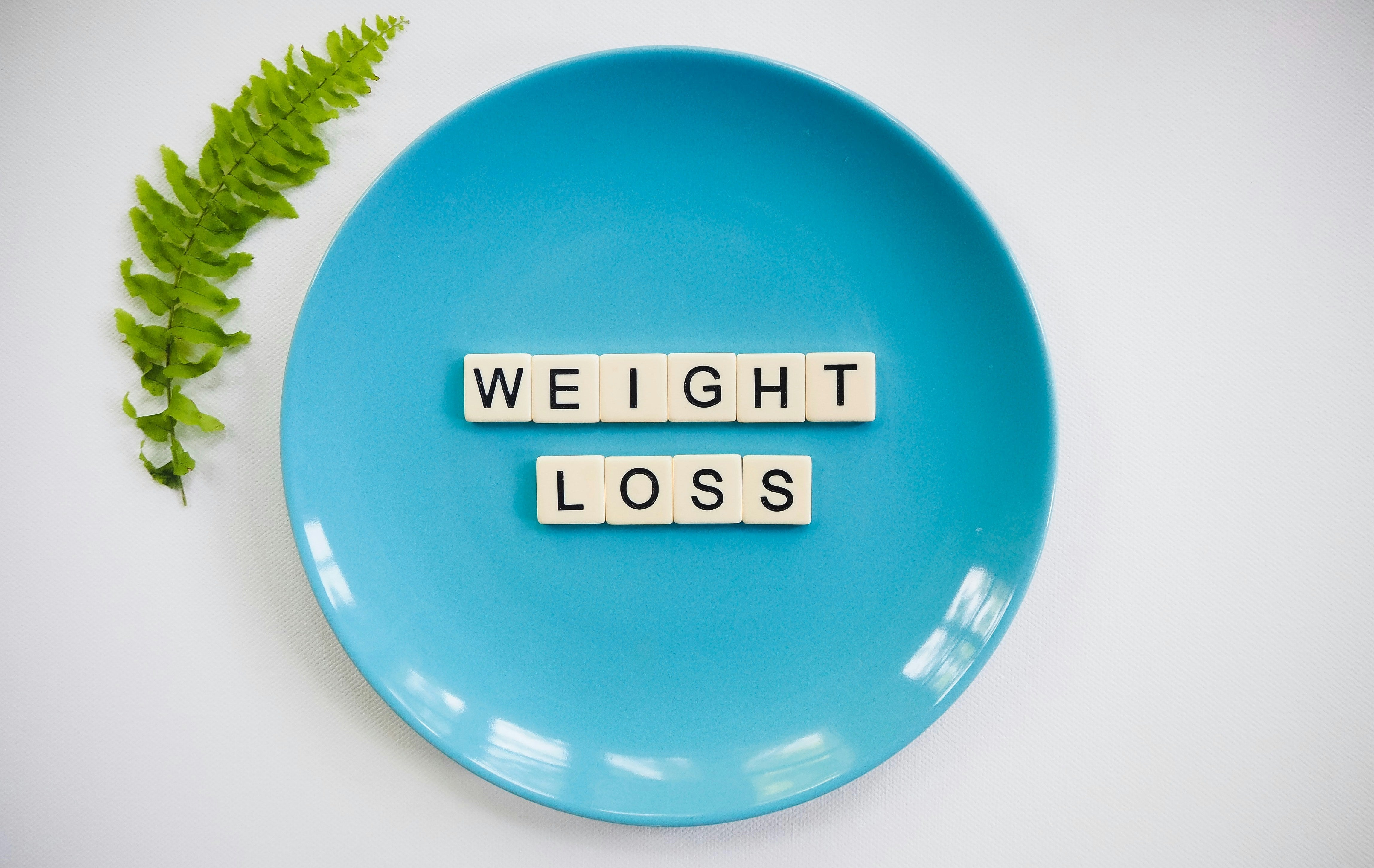
Akkermansia Foods: What Foods Contain Akkermansia?
Whether you’re just trying to improve gut health for better digestion and overall health or you’re hoping to set yourself up for a smooth weight loss journey, Akkermansia muciniphila is going to be...

Does Hot Yoga Help You Lose Weight? Overview of Hot Yoga for Weight Loss
Yoga is one of the most versatile forms of exercise and self-care. It can help you find your inner zen and let the stress of life melt away, it can improve strength and flexibility, and in some cas...

How resB Lung Support transformed my lung health: a Registered Dietitian's personal journey
As a Registered Dietitian and nutrition journalist for more than 15 years, I have educated, counseled, and supported people on how to create the healthiest versions of themselves. My career is my p...

How to lose weight in your neck: Tips to get rid of neck fat fast
There are few things as unsightly as a double (or triple) chin, a saggy turkey neck, or rolls on the back of your neck. It can take a serious toll on your self-confidence, but it doesn’t have to be...

How to lose weight after a hysterectomy: Complete guide to weight loss after a hysterectomy
Whether you got one out of necessity as a cancer treatment or because you thought it would make life more comfortable with age, a hysterectomy can take a serious toll on you. Common side effects in...

How to increase Akkermansia muciniphila
Akkermansia muciniphila, also referred to as A. muciniphila for short, is a powerful bacteria that exists naturally in the gut. It plays a role in everything from appetite regulation to gut barrier...

Akkermansia weight loss: Does Akkermansia help with weight loss?
There is a seemingly endless list of things that claim to make your weight loss journey quicker and easier, but very few deliver on this promise. You’ve probably heard about how probiotics and preb...

Peptides for Weight Loss: Is Taking Peptides to Lose Weight Safe?
As more people look for easier ways to manage their weight than traditional dietary adjustments and exercise routines, peptides for weight loss have emerged as a compelling choice. It sounds great ...

How to Lose Weight in 2 Weeks: Simple, Safe 2 Week Weight Loss Plan
Whether you’re trying to slim up for an upcoming vacation or just want to jumpstart a more comprehensive weight management plan, we’ve got some great tips on how to lose weight in 2 weeks to set yo...
These are expert opinions on lifestyle from professionals who are board-certified physicians, registered dieticians, or healthcare professionals. This content does not represent any medical advice for prevention or treatment of any medical diseases.